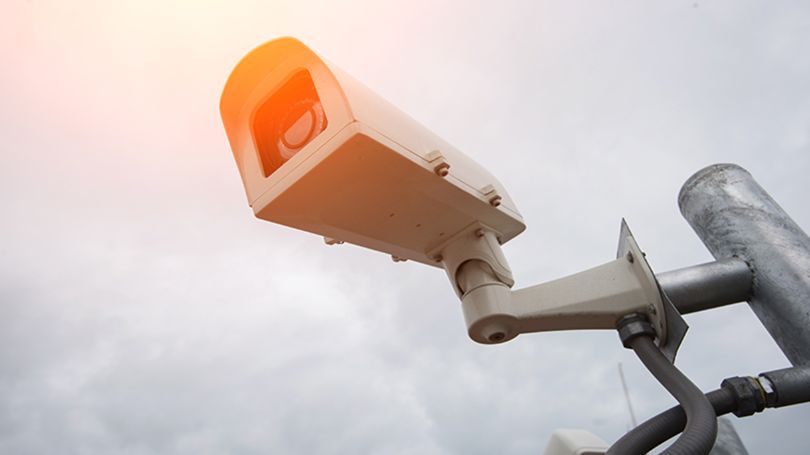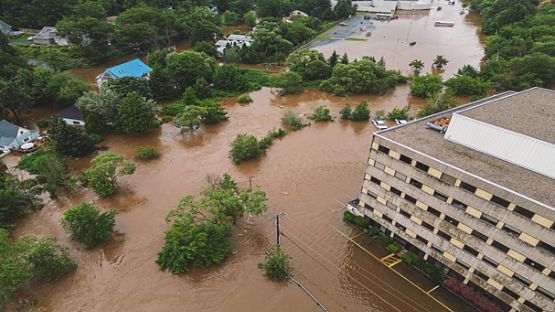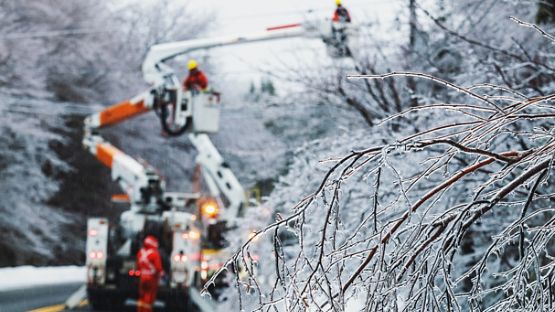Security cameras can be a valuable tool to protect your construction site by deterring theft and vandalism and helping to determine liability in the event of a claim. Learning the various pros and cons of video surveillance and how they impact your insurance are important and allow you to make informed decisions about their use.
Pro: Security cameras provide a constant eye
Some security camera systems can record 24/7 activity, while others include motion detectors that start to record only when they detect movement. Common areas to cover include your front and back entrances, offices, and indoor and outdoor storage areas. You should try to have the broadest area of coverage possible.
Pro: Security cameras deter thieves and vandals
The presence of security cameras can stop thieves in their tracks and may provide a discount on your insurance policy. Researchers at the University of North Carolina at Charlotte surveyed hundreds of convicted burglars to determine their decision-making path when choosing which properties to target. The study found that 83% of convicted burglars said they would try to see if any surveillance equipment was in use prior to committing burglary. Of those questioned, 60% said they would move on to another target if they detected any equipment, while 50% indicated they would abandon their crime if anti-theft devices were discovered after they started.1
Pro: Security cameras provide useful evidence of crime or liability
Security cameras may provide footage of actual crimes or accidents. This is a useful tool in identifying, apprehending and prosecuting criminals, preventing further crimes, and retrieving stolen goods. Law enforcement may even release this footage to the media for broadcast to help identify criminals. Camera footage can also be used by your insurance company to verify the circumstances surrounding incidents occurring at your business to determine liability.
Con: Power outage could mean loss of surveillance
If you depend on electric security cameras, you could lose surveillance when the power goes out. Investing in a backup power supply such as a battery-powered or solar-powered security camera system can ensure uninterrupted protection.
Con: Security cameras are vulnerable to crafty crooks
Although they may provide evidence of a crime, smart and determined criminals can disable and/or avoid your surveillance system. On-site recordings can be stolen, security cameras may be covered, or criminals may simply use a disguise. Surveillance equipment may be disconnected from power sources, damaged or removed. In order to ensure that your devices are not rendered unusable, store recordings off-site and place cameras in areas that are not easily accessible.
Your site should have some level of surveillance. Investigate what is available by comparing products online or talking to a security expert about which system is best for your business. As always, establishing good communication with your insurance broker is one of the most valuable assets you have to protect against losses.
For more information, contact your insurance broker. If you don’t have one, use our Find a Broker tool.
Sources:
1. AlarmSystemReviews.com. (2016, July 12). “Criminal Minds: Understanding What Makes a Burglar” [slideshow]. Retrieved from https://www.slideshare.net/AlarmSystemReviews/criminal-minds-understanding-what-makes-a burglar
2. ExpertMarket.com. (n.d.). “How Much Does a Business Security System Cost?” Retrieved from https://www.expertmarket.com/business-security/commercial-security-systems
3. Business.com. (2017, February 23). “How Much Should You Spend on Small Business Security Systems?” Retrieved from https://www.business.com/articles/how-much-should-you-spend-on-small-business-security-systems/













